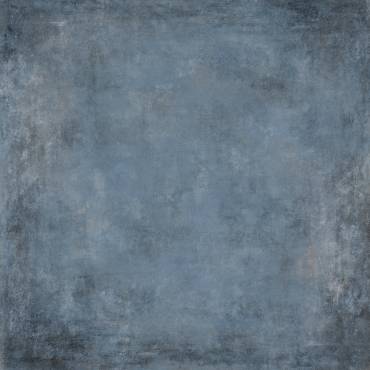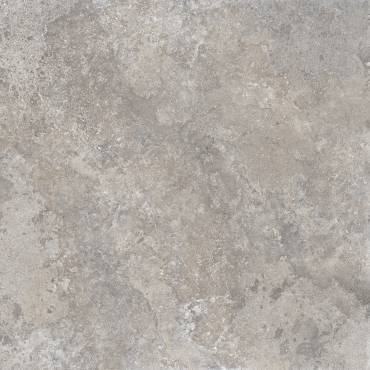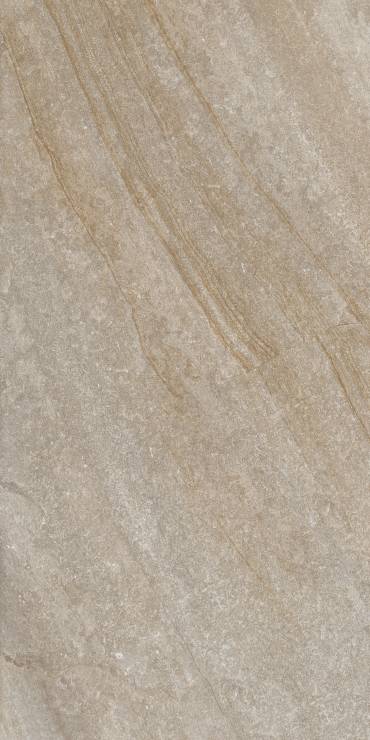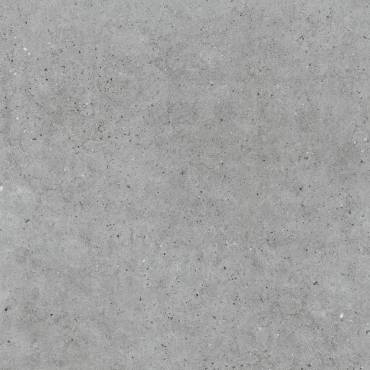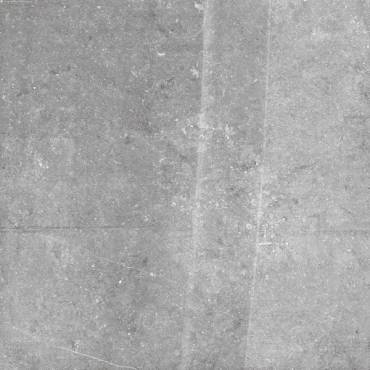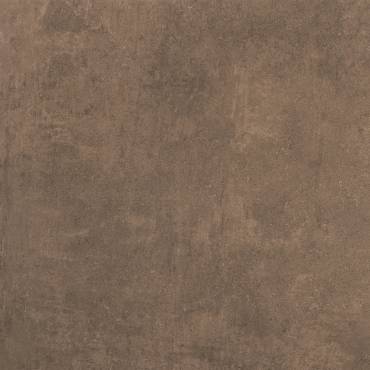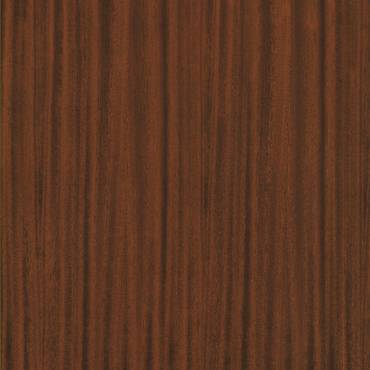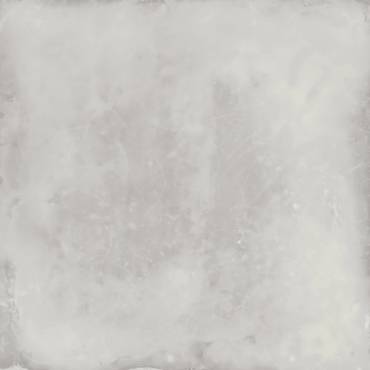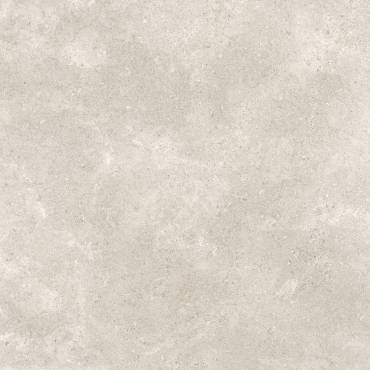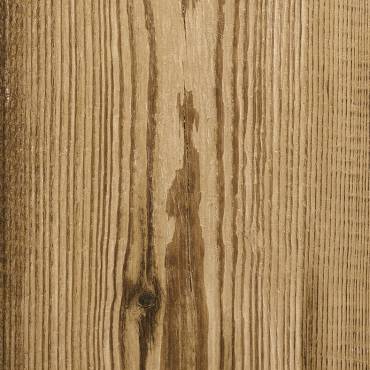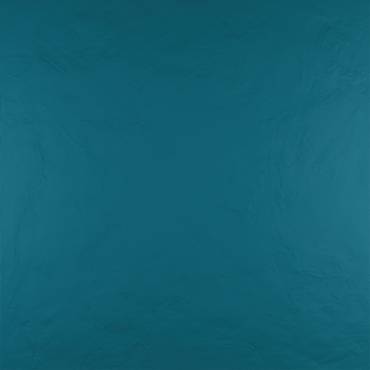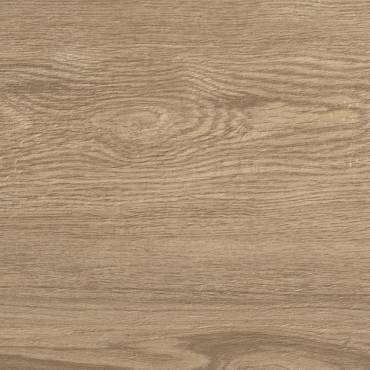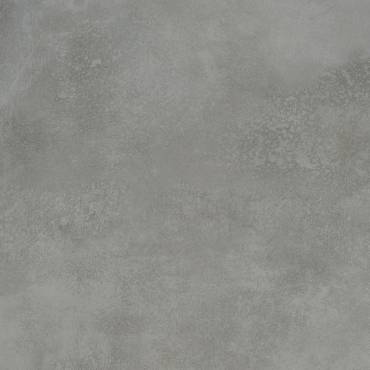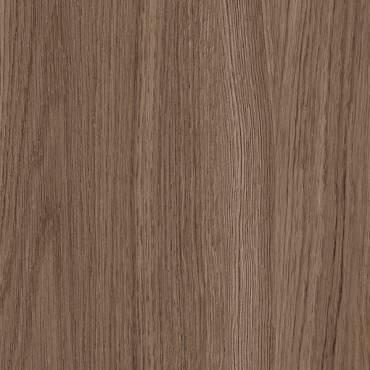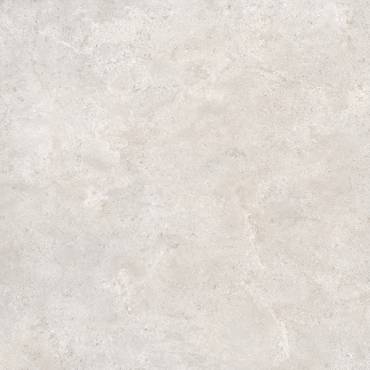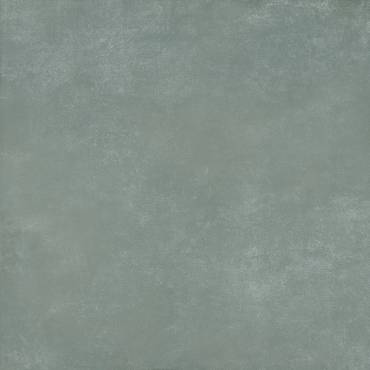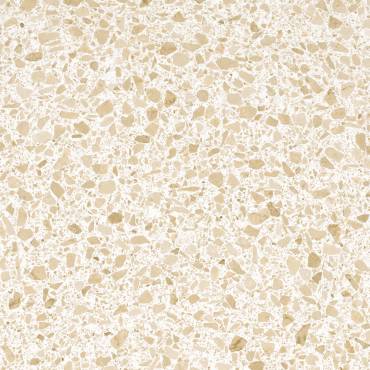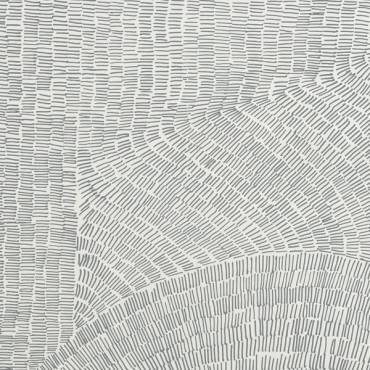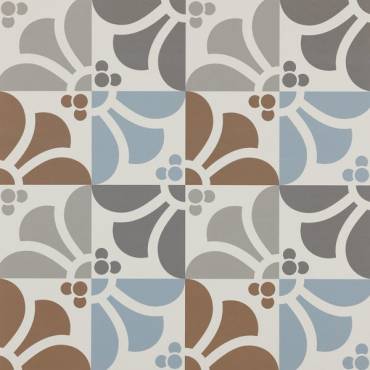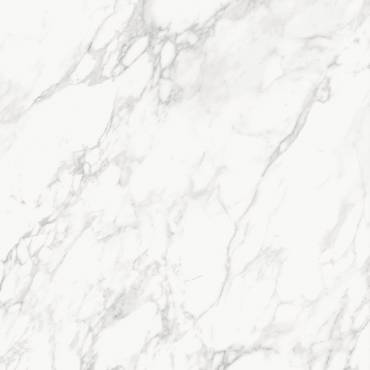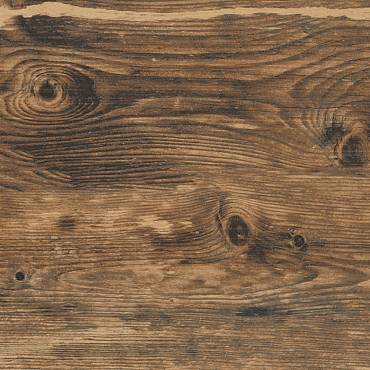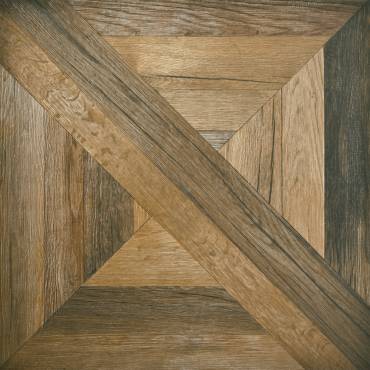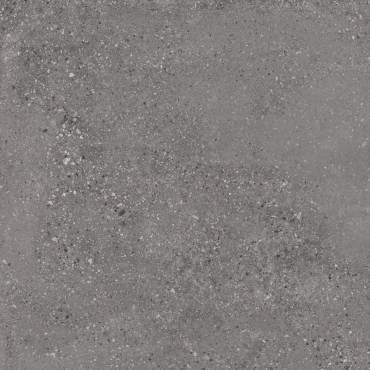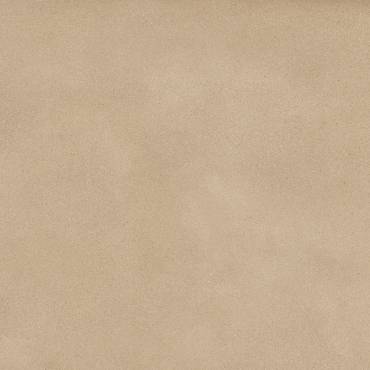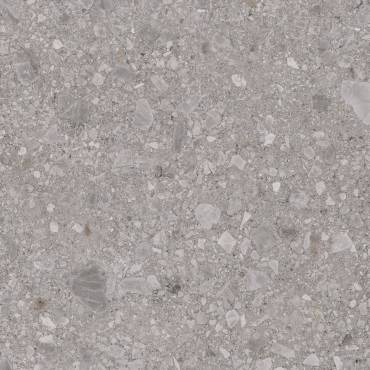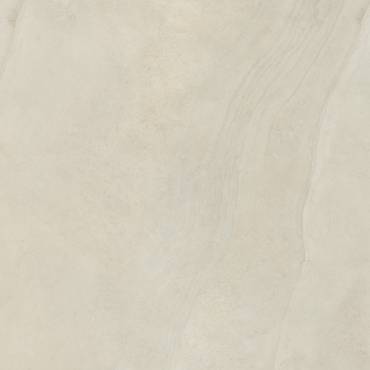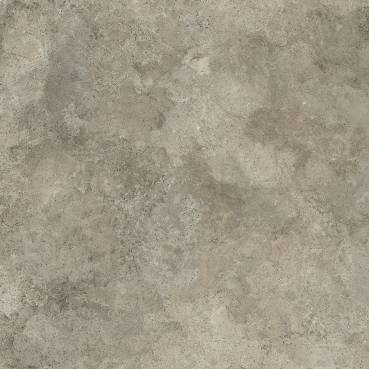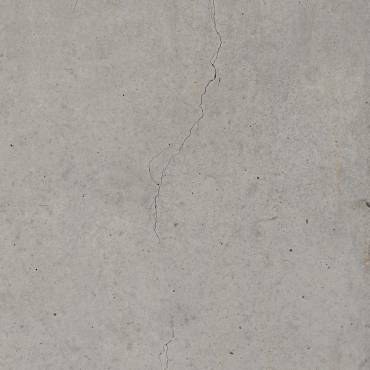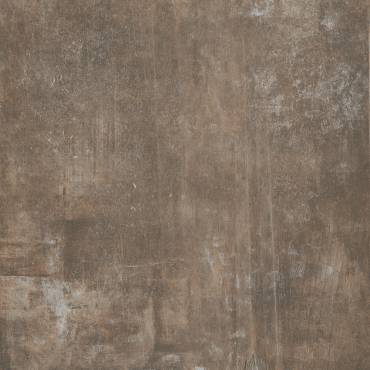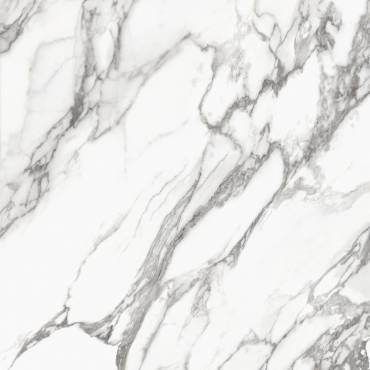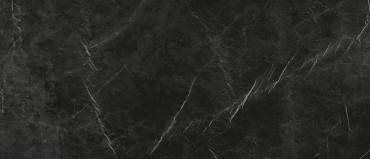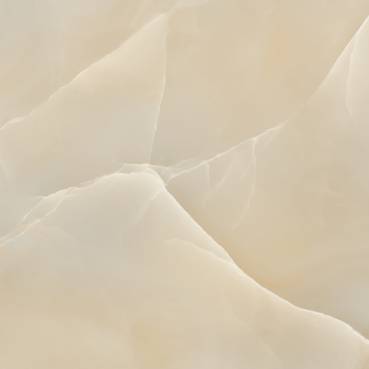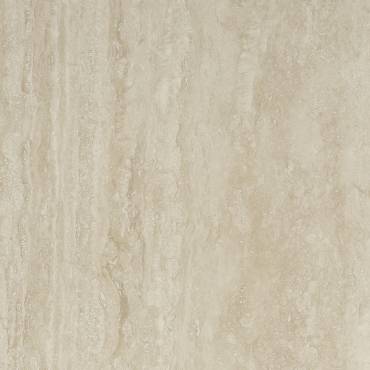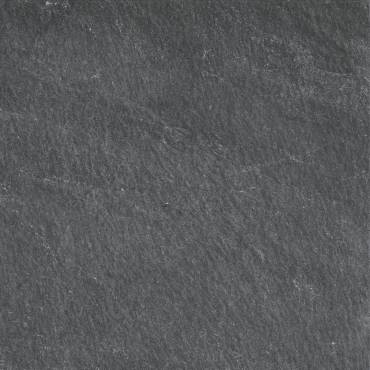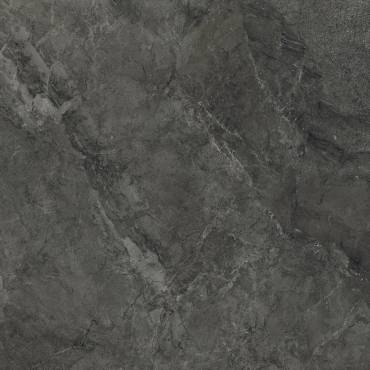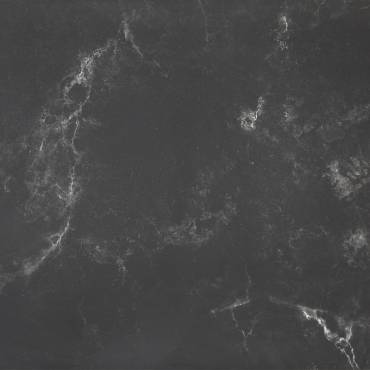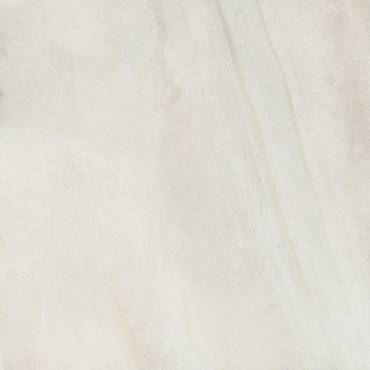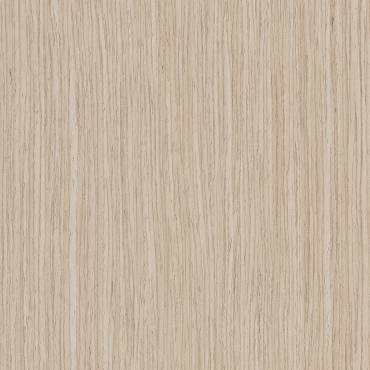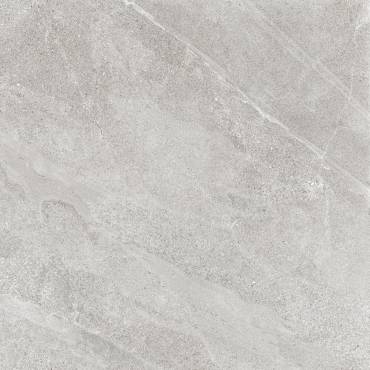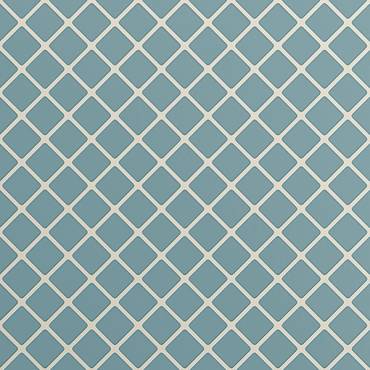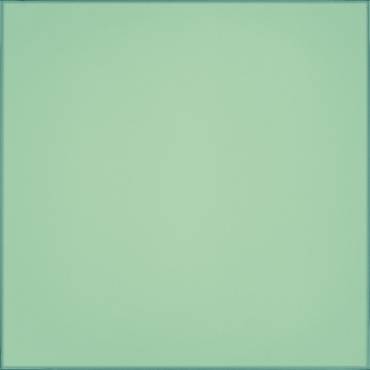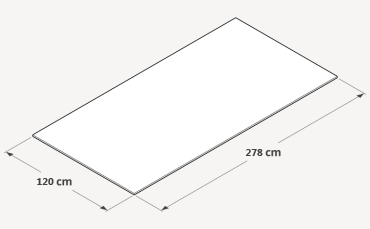Travertine Look Porcelain Tiles
Porcelain Tile that Looks like Travertine
Porcelain tile that looks like travertine. Extremely popular in the construction industry since ancient Roman times, travertine is a limestone which can be found in many parts of Italy, from quarries in Tuscany, Umbria, Lazio and the Marche, where prized travertines are still extracted to this day. The colour changes depending on the oxides and […]
Porcelain tile that looks like travertine. Extremely popular in the construction industry since ancient Roman times, travertine is a limestone which can be found in many parts of Italy, from quarries in Tuscany, Umbria, Lazio and the Marche, where prized travertines are still extracted to this day. The colour changes depending on the oxides and minerals incorporated during the sedimentation process; in nature, we can find rocks ranging from shades of milky white to pale brown, with yellow or reddish veins.
Despite its extreme elegance, travertine is a porous material, it may be subject to scratches and scoring; further, it may absorb liquids, which could lead to stains and ring marks under certain conditions.
These flaws have contributed to the success of travertine-look porcelain stoneware, a particular type of ceramic tile that replicates its appearance. Made from a blend of clays and feldspars baked at a temperature of approximately 1250 °C, porcelain stoneware is the perfect solution to enjoy the beauty of travertine without the inconvenience of the natural stone.
Travertine-look porcelain stoneware floor tile
Porcelain stoneware is a non-absorbent material, which is compact and offers superior technical features, owing to its vitreous structure due to the high firing temperatures. It stands out for its superior hardness and resistance to wear, scratches and stresses. Stoneware tiles also prove particularly resistant to stains and chemicals.
However, the advantages of travertine-look stoneware are not limited to its technical properties. Unlike natural stones, it does not require any particular care and maintenance and it retains its features unchanged over time. It also offers possible savings in terms of money, which is no secondary aspect that may concern both the cost of the material and of its installation.
Travertine-look tiles can be used for floors and walls in both residential and commercial settings. The timeless charm of travertine blends in with settings with a classical taste or a modern soul, creating original venues when teamed with materials such as the wood-look slabs. The properties of stoneware make it an excellent material for outdoor applications, since it boasts a low water absorption rate.
The Best porcelain stoneware that looks like travertine
Ceramiche Refin offers an extensive range of porcelain stoneware solutions dedicated to domestic settings and the world of design. Elegant and original collections, with combinations devised to mesmerise, which bear witness to the dynamism and creativity of the very best that’s Made in Italy.
The brand has been doing business on international markets since 1962 and boasts multiple certifications (ISO 9001:2008, OHSAS 18001, FDES, etc.) while guaranteeing products in compliance with UNI EN 14411 – ISO 13006 standards.
Refin has developed myriad collections of nature stone-look stoneware, with tiles inspired by, for instance, Belgian Pierre Bleue and the stone typically found in Burgundy. The product range includes stoneware slabs that replicate marble and travertine, which play the starring role in the Prestigio collection that testifies to a renewed taste for stone materials.
The travertine-look porcelain stoneware slabs reproduce the rock in its natural colours and variations in shades, with very light veins mixed with more pronounced ones. The polished finish emphasises the colours and lends the tiles a particular sheen.
Travertine-look porcelain stoneware: dimensions and sizes
Expressing a classical style revisited with a modern twist, Refin’s travertine-look porcelain stoneware tiles are available in various sizes and thicknesses. In addition to the classic 60×60 cm and 60×30 cm, there are also large sizes (120×278, 120×240, 75×150 and 120×120 cm): versatile slabs which enhance the appeal of the structural features of stoneware and accommodate the creativity of architects and designers alike.
Specifically, the new 120×278 cm size (which was presented at Cersaie 2018) is the ideal product for application on large-size walls and floors, thereby allowing a significant reduction in joints along the surfaces. As mentioned earlier, the brand not only offers various sizes, but also several thicknesses: 6, 9, 9.5 and 20 mm. This result was obtained thanks to incessant research and targeted investments.
Travertine-look stoneware tiles: styles and colours
After years of minimalist design, recent trends in the ceramic tile industry have brought decorations back in fashion. With its Prestigio collection, Refin works on traditional compositions (monochrome patterns, squares, strips, etc.) introducing new patterns, such as the Mesh golden pattern and the Micro and Macro Mosaics which create several installation configurations by alternating two different coloured tesserae.
Refin’s travertine-look tiles stand out for their directed stratifications, and various-sized cracks and furrows. These slabs are in warm hues, in shades of beige, and are available with a polished or soft finish.
